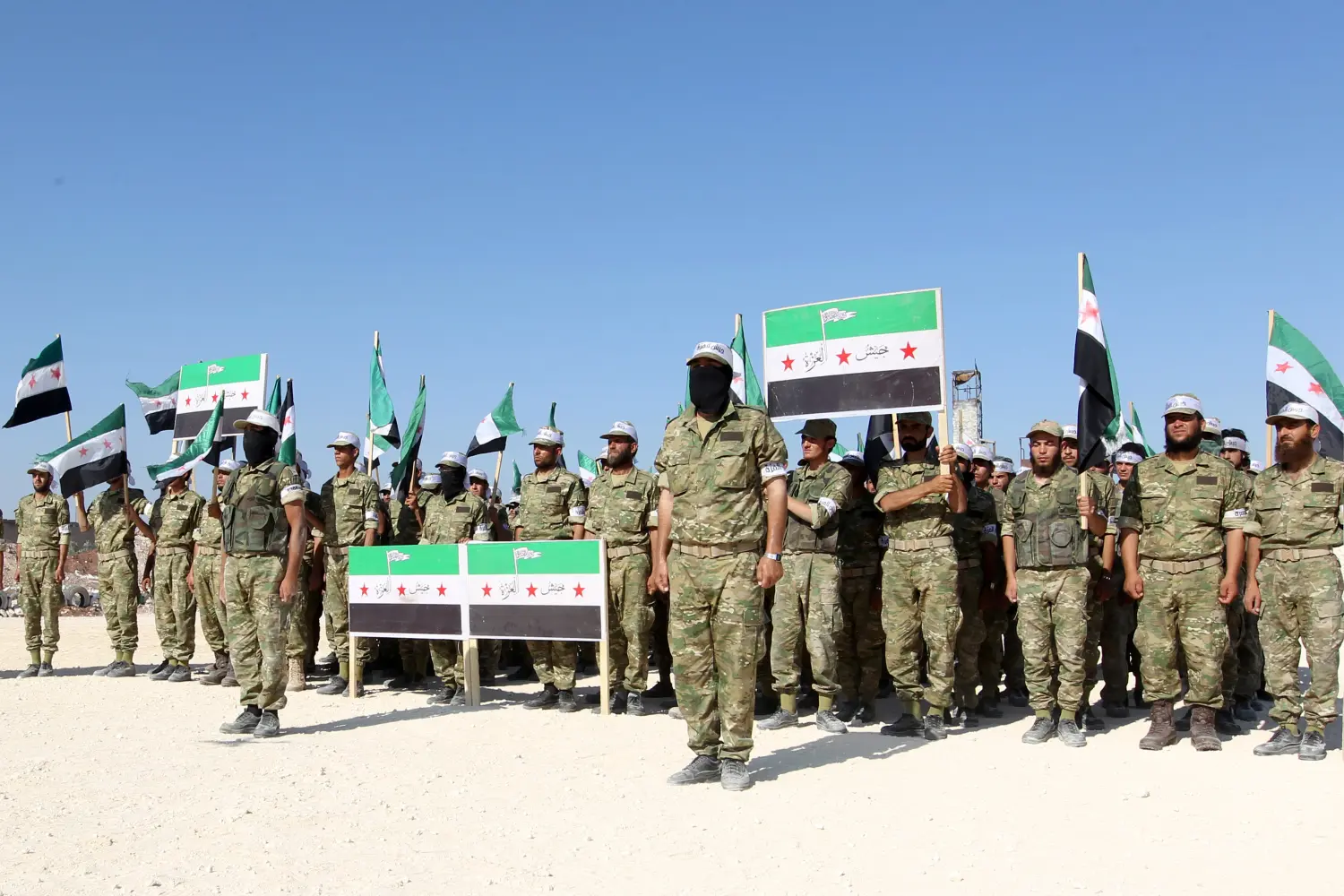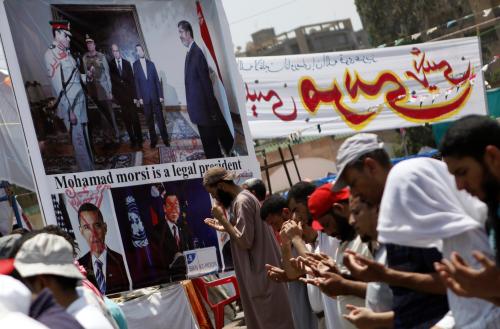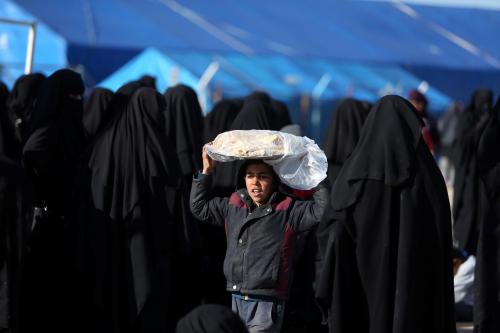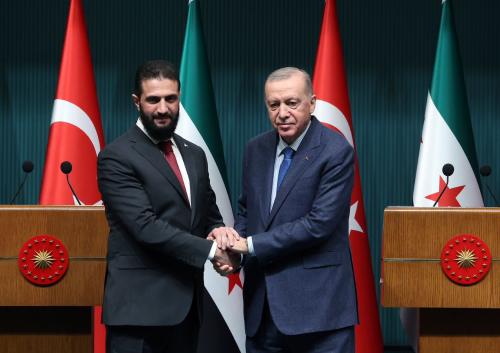 The Free Syrian Army (FSA) has evolved significantly since its emergence in the summer of 2011. Initially established with the grand objective of representing a nationwide resistance organization formed to protect peaceful protesters and to initiate military operations against the Assad regime, the FSA has struggled to live up to these goals. However, despite, or perhaps because of, its subsequent decentralization, the FSA remains the cornerstone brand of Syria’s moderate opposition, representing the original moderate vision of the revolution.
The Free Syrian Army (FSA) has evolved significantly since its emergence in the summer of 2011. Initially established with the grand objective of representing a nationwide resistance organization formed to protect peaceful protesters and to initiate military operations against the Assad regime, the FSA has struggled to live up to these goals. However, despite, or perhaps because of, its subsequent decentralization, the FSA remains the cornerstone brand of Syria’s moderate opposition, representing the original moderate vision of the revolution.
This paper argues that the FSA’s decentralization is in part a consequence of the United States’ refusal to supply early and significant support for the group. Such support would have had a better chance of solidifying the FSA brand from the outset; disciplining regional actors and constraining their provision of support through one united channel; reducing dysfunction within FSA ranks; and signaling united international opposition to the Assad regime.
For the United States and allied countries seeking an eventual solution to the crisis in Syria, building military preeminence does not necessarily have to be the sole objective in supporting the FSA. Instead, sustaining its ability to represent opposition communities is crucial, given its mainstream positions. To that end, this paper recommends that the United States credibly demonstrate that Assad must step down; continue and intensify work towards restricting aerial bombardment; increase military and financial assistance to the FSA; bundle civil, judicial and military support to undermine popular support for jihadi groups; defend, publicly recognize and politically engage FSA factions; and facilitate dialogue between the FSA and the Kurdish YPG.
The Brookings Institution is committed to quality, independence, and impact.
We are supported by a diverse array of funders. In line with our values and policies, each Brookings publication represents the sole views of its author(s).






